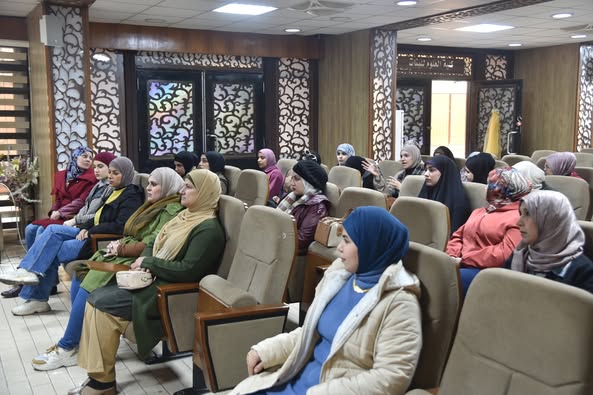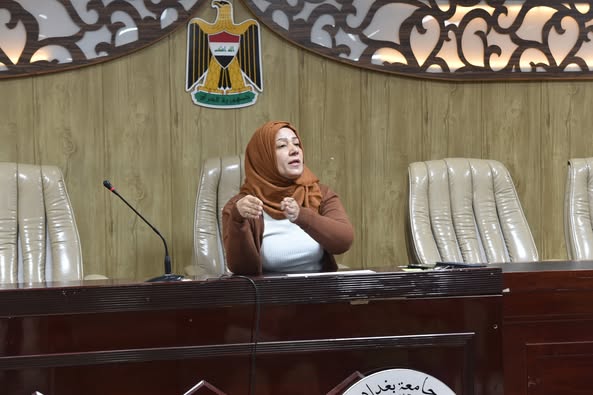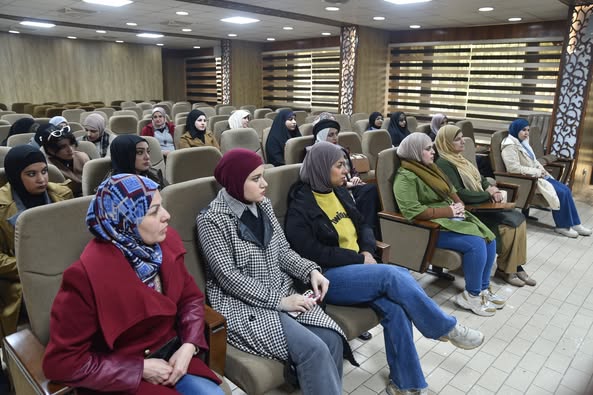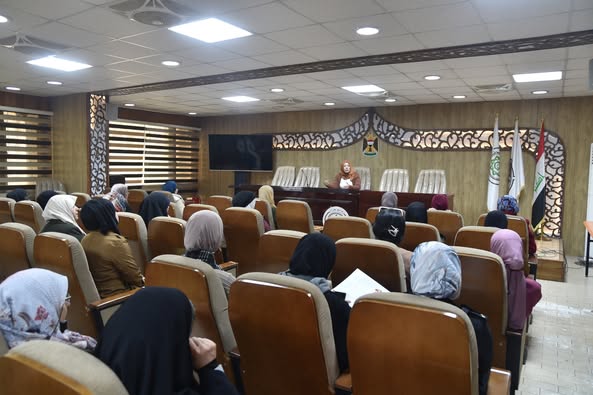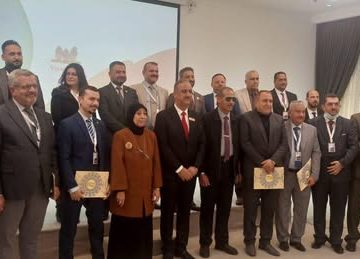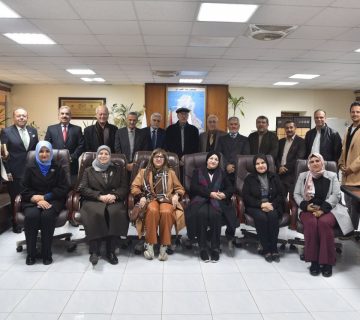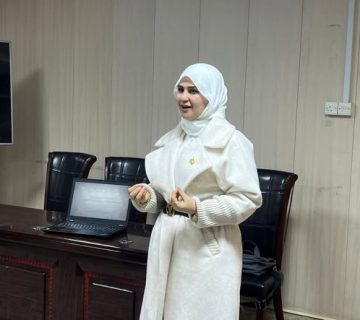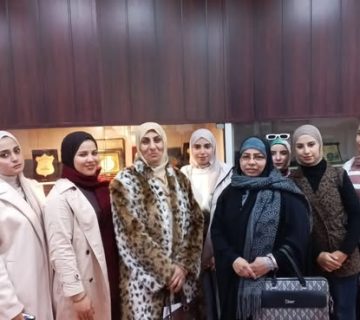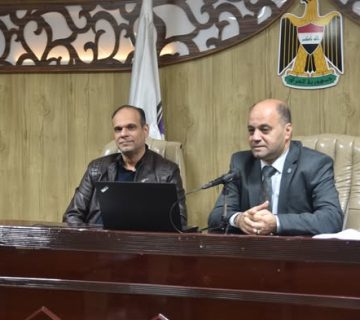Under the patronage of Professor Dr. Samira Naji Kazem, Dean of the College of Science for Women, the Women’s Affairs Unit, in collaboration with the Continuing Education Unit, organized a workshop titled “Some Foundations of General Learning,” presented by Assistant Professor Dr. Najat Baqir Mashkoor.
The workshop aimed to remind participants of the role of Islamic principles and the importance of the Holy Quran, which is a fundamental source of knowledge and education. The Quran encompasses numerous values and concepts that contribute to shaping the learner’s character and guiding them in various aspects of life. It serves as a strong foundation upon which educators can rely to develop their teaching methods and enhance students’ understanding of both religious and scientific concepts.
The workshop emphasized one of the key ethics related to the learning process, which is the avoidance of servitude that is due only to God. Obeying God, adhering to His guidance, commands, and prohibitions is an inseparable part of the learning process, contributing to the development of a righteous individual. Additionally, the workshop highlighted the importance of continuous alignment between the learner, the teacher, and the scientific content to ensure the effectiveness of the educational process. This alignment is not only about delivering information but also about integrating the content effectively with the learners’ interests and needs. This balance is a key element in improving the quality of education.
Among the aspects to consider, the hours of learning and memorization were identified as particularly important in enhancing comprehension and ensuring the retention of information for long periods.
The workshop also emphasized the need to maintain a balance between all factors involved in the educational process, such as the learner’s level, the teacher’s methods, and the scientific content. This balance contributes to improving the effectiveness of memorization and comprehension, ensuring high levels of understanding and academic achievement.
